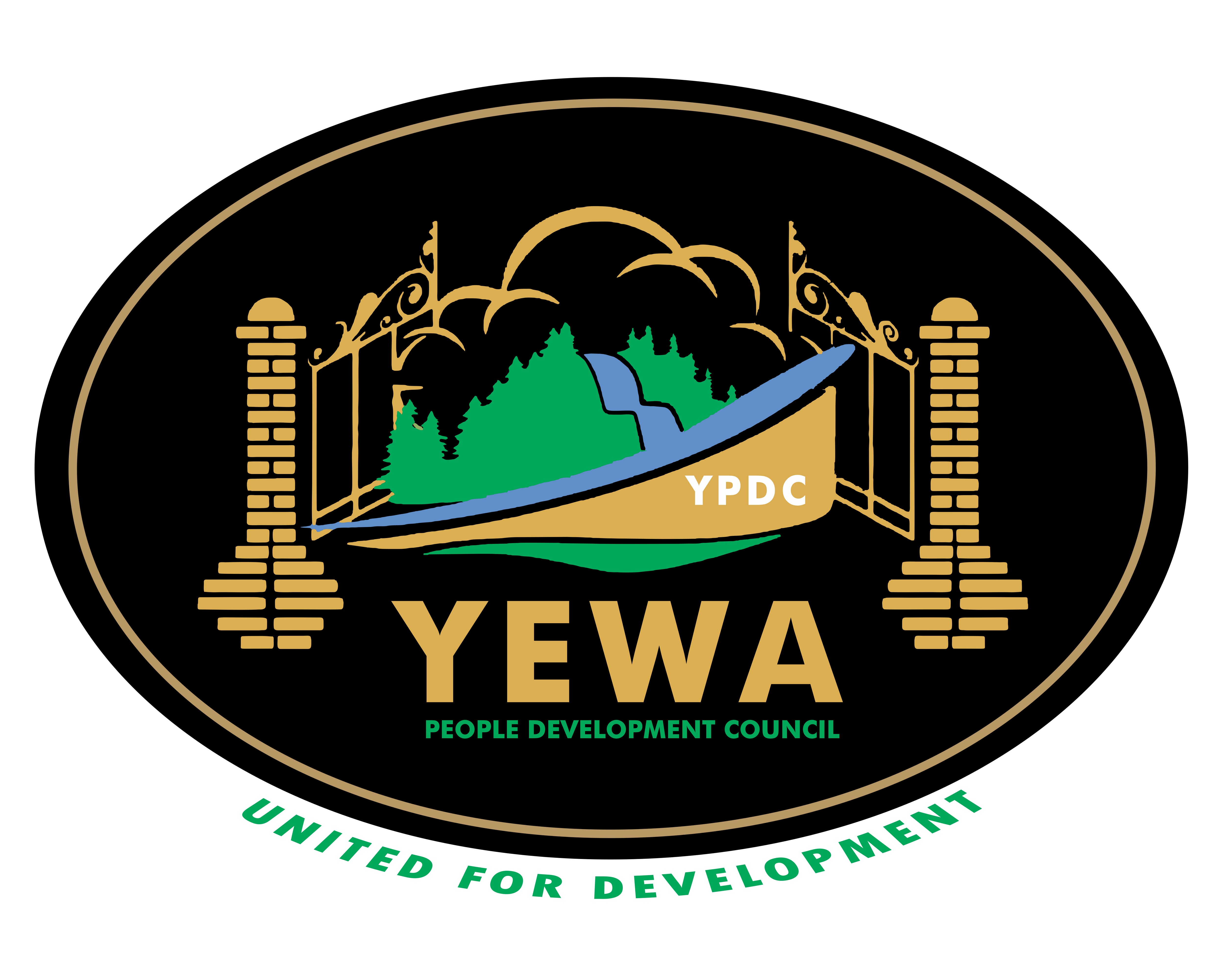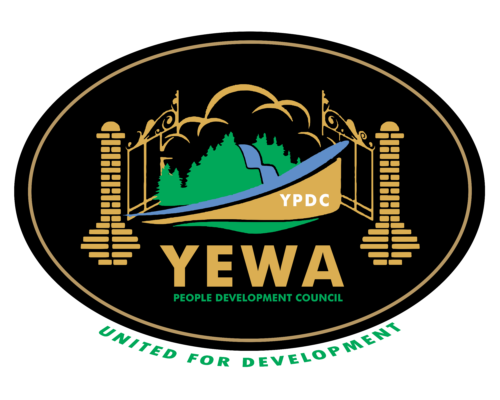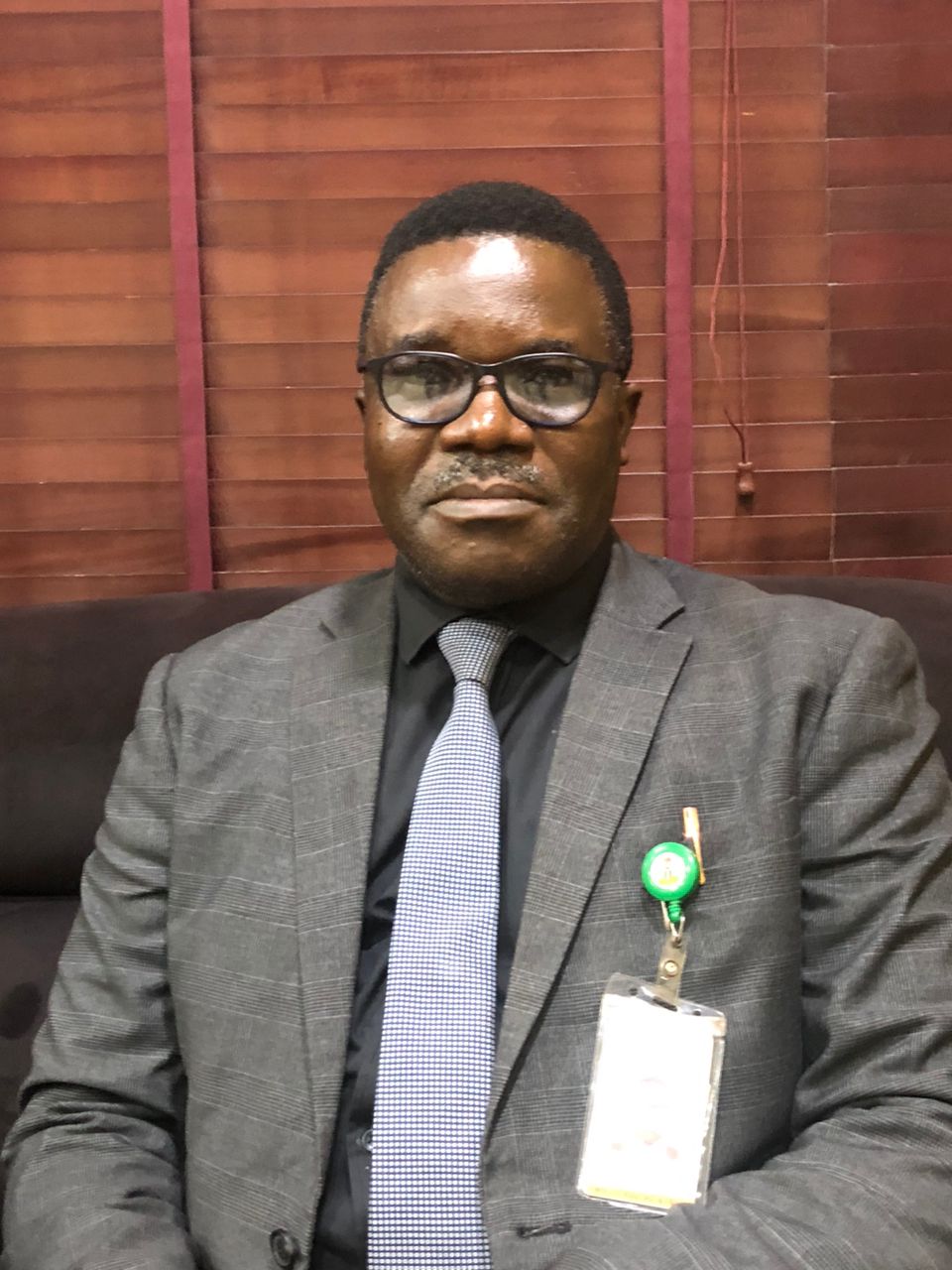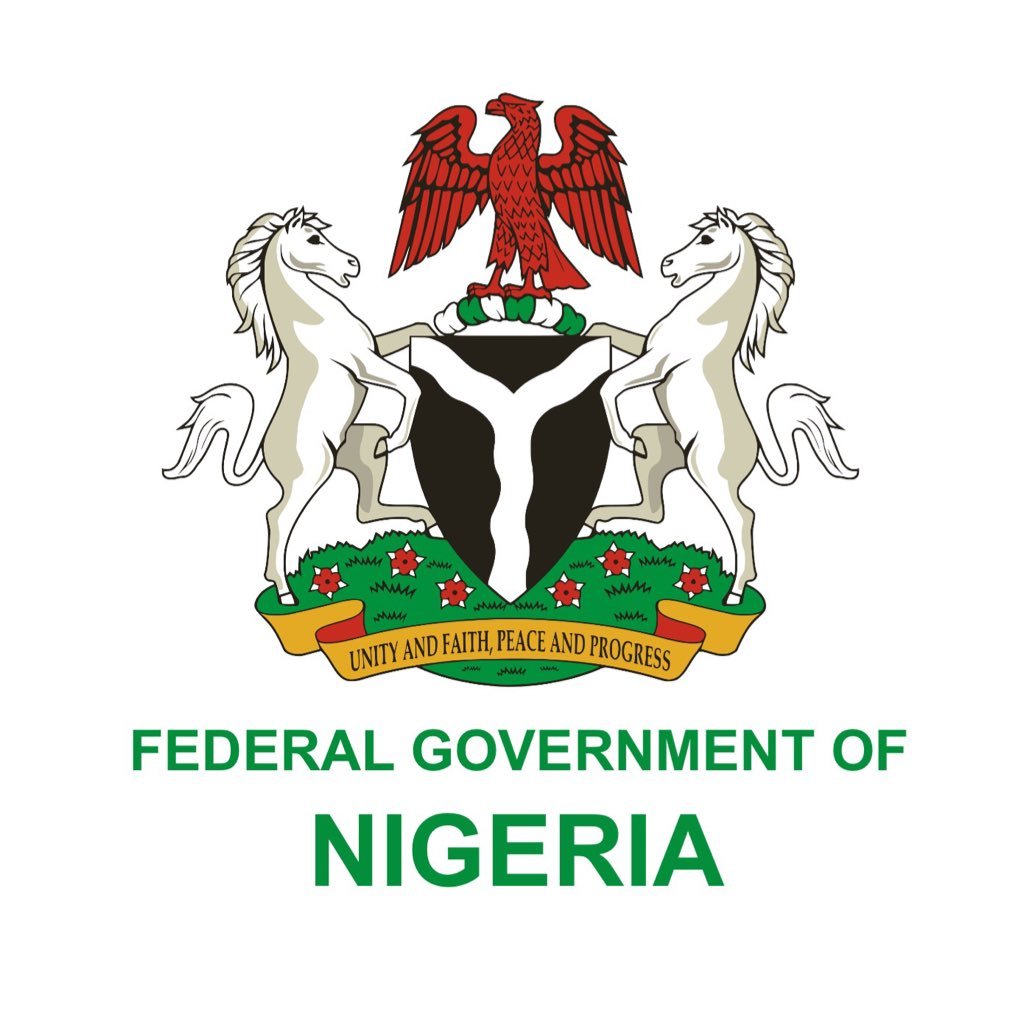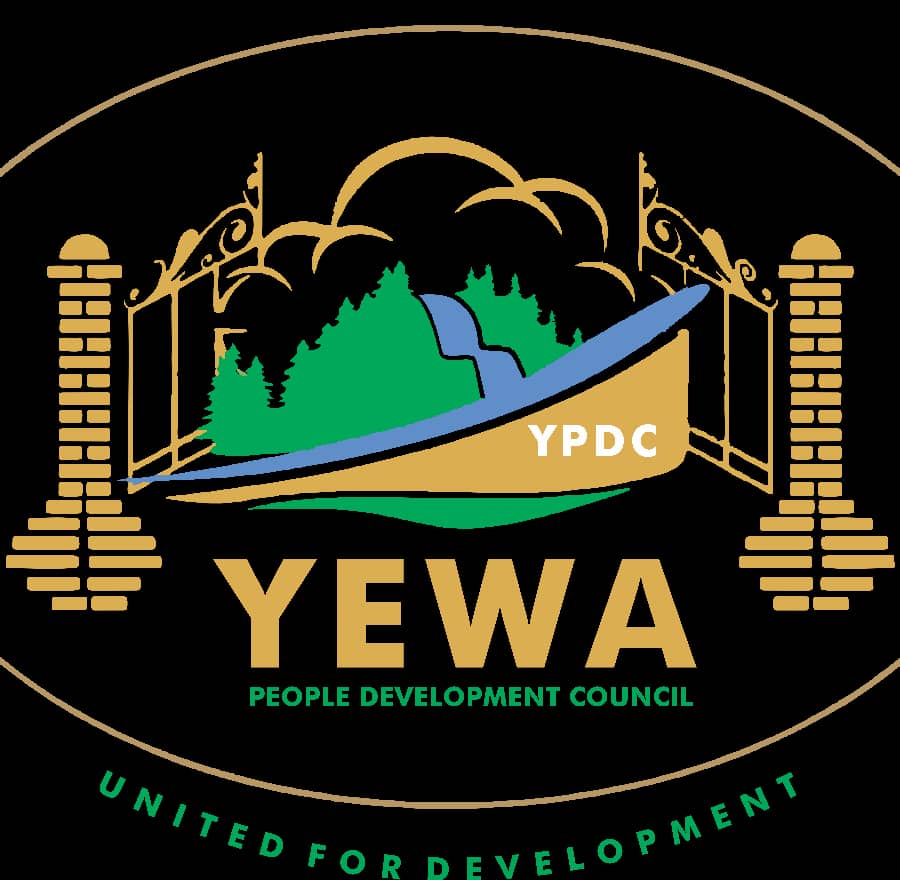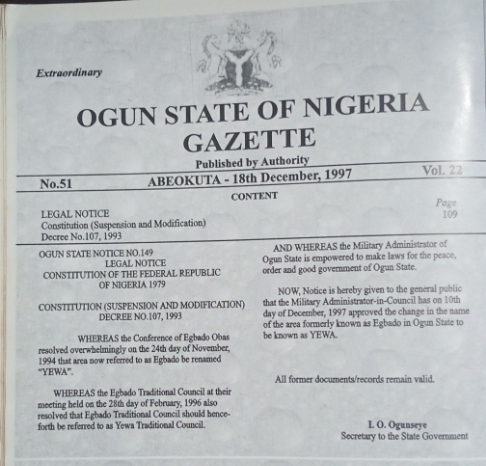
By Prince Femi Dokunmu
Sometimes much energy that should have been conserved for building robust human relationship is dissipated on avoidable arguments, friction and attacks, especially where ignorance and unbridled obsession to personal views hold sway. In such circumstances, it becomes imperative for those who have firsthand knowledge on the issue at stake to share their opinion, at least in the interest of those who genuinely seek clarifications, knowledge and social harmony.
It is against this background and for the purpose of enlightenment and promotion of social harmony and integration among the various ethnic groups in Yewaland and Ogun West Senatorial District that I wish to submit as follows:
That the name Yewa or Yewaland as adopted in 1995 by the Obas and people of the area formally referred to as Egbado is essentially an area name with reference to a common natural or geographical feature which cuts across all the districts inhabited by various but interrelated sub-ethnic groups. Just like the name Nigeria (Niger area) which is inhabitted by different independent ethnic groups, Yewaland is also a name voluntarily adopted by Obas and people of Sabe, the Ketu, the Eyo, the Ije or Ohori, the Ifonyin, the Anago, the Awori and the Ogu (Egun).
As the internationally acclaimed historian, Professor A.I Asiwaju puts it in the book; The Birth of Yewaland: the adoption of a new Regional name was in “appreciation of the pre-eminence of the Yewa as the river of unity that connects all the constituent ethnic groups throughout the length and breadth of this multi-ethnic region. Rising from the highland of the Sabe, flowing through the Ketu of Imeko-Afon and Yewa North to the Ije or Ohori also of Yewa North to the Ifonyin of Yewa South to the Anago of Ipokia into the Awori of Ado-Odo, Igbesa and Agbara, as well as the Ogu of Ipokia and Ado-Odo Districts”.
The process of adopting Yewa as a new name passed through necessary democratic and participatory stages. It passed through due process and due diligence with all the Obas in the Region constituting themselves into a “Conference of Egbado Obas” and many Leaders of Thought and Youths gathered to have their resolutions. Among the Obas from Ado-Odo/Igbesa District were the Oloja of Igbesa, Oba S.O Banuso (now late) and the Alagbara of Agbara, Oba I.A Agunbiekun (also late). Both of them duly appended their signatures to the resolutions. Although, Ado-Odo had no Oba then, some Leaders of Thought like Chief Alamu Alagbe, Mr T.A Okewusi and Chief E.O Akinbode of Igbesa were not left out of the process. In my opinion, it would amount to acting in bad faith for anyone to wake up now and claim that these eminent leaders of the Aworis of Ado-Odo, Agbara and Igbesa among others drawn from Oke-Ogun, Ketu, Iju, Ifekowajo, Ipokia, all acted in error or ignobly. It will also amount to allowing the labours and efforts of such heroes past to be in vain if we now claim that all that they did then amount to utter nonsense.
The adoption of the area or regional name, Yewa, does not, by spirit and intent, meant to subjugate any of the eight (8) sub-ethnic groups to the other. It does not stop the Ketu of Yewa North LG or the Ogu man of Ipokia LG nor the Awori man of Ado-Odo/Igbesa/Agbara district of Ado-Odo/Ota Local Government Area from his self determination to lay claim to and openly profess being such. Any of the sub-ethnic groups have the unfettered freedom to relate with their ethnic kinsmen within and outside Ogun state and even outside Nigeria. Indeed, what the proponents and promoters of the name, Yewa, did was to ensure that they adopted a neutral name which does not belong to any ethnic group hitherto. As expressly stated in The Birth of Yewaland; ”the adoption of Yewa is without prejudice to the retention of the rich diversity of the constituent groups, cultures, and sub-cultures, such as the Ketu, the Sabe, Ije, Ifonyin, Anago, Awori and the Ogu”. (pg 35). Afterall, Nigerians are people who are citizens of the country Nigeria, irrespective and without prejudice to their being Yoruba, Hausa, Ibo, Fulani or Kanuri, among other ethnic groups.
The reference to Yewaland and Yewa people is simply in conformity to the tradition and logic that the prescribed authority over land is vested in the Kings of the various kingdoms (Oba lo ni ile). Therefore, all lands under the prescribed authorities of all the Obas who signed the resolution to adopt Yewa or that presently belong to the Yewa Traditional Council of Obas belong to Yewaland, just as all the people who belong to or own such land can adopt the regional name of Yewa. This will explain why it is logical for the description and map of the region referred to as Yewaland to include Ado-Odo, Igbesa and Agbara.
The reference to Ogun West Senatorial District as being occupied mainly by Yewa and Awori people does not imply that there are no Ketu, Ogu, Eyo, Ohori or Anago people in Ogun West nor does it imply the subjugation of these groups. Rather, it simply categorized all the eight sub-ethnic groups into two; those who have adopted Yewa and do not object to being referred to as Yewa, and this include the Sabe, the Ketu, the Ije, the Ogu and some Awori in the Ado-Odo/Ota Local Government Area, on the one side, and those Awori of the same LG who have not adopted nor subscribed to the name Yewa and do not belong to the Yewa Traditional Council, and so would rather wish to stick to Awori to protect and promote their being separate from Aworis in the Yewa Traditional Council, on the other side. Going by their right to self-determination, this non-aligned Awori are in the vanguard of advocating a separate Traditional Council for themselves. As it is, such advocacy or pursuit of their agenda is their inalienable right to self-determination and freedom of association, and so one cannot begrudge them. However, there is the need for such advocates to pursue their agenda with utmost decorum and avoidance of unguided vituperation that could unduly hit up the polity or cause avoidable ethnic frictions.
That the reigning Olu of Ilaro and Paramount Ruler of Yewaland who is also the President of the Yewa Traditional Council and all the Obas in the Traditional Council, who inherited this resolution and legacy of the name Yewaland, have both moral and legal responsibility to protect and promote the Yewa name as one of the veritable heritage bequeathed to them by their ancestors, moreso that there has not been any superior or more logical reason to doubt the appropriateness of the name. Apparently, this situation will remain valid until there is any legal process or law that change the existing status.
Prince Femi Dokunmu is a trained historian, Journalist and PR Consutant who participated actively in the process leading to the 1995 declaration of the name Yewa.
